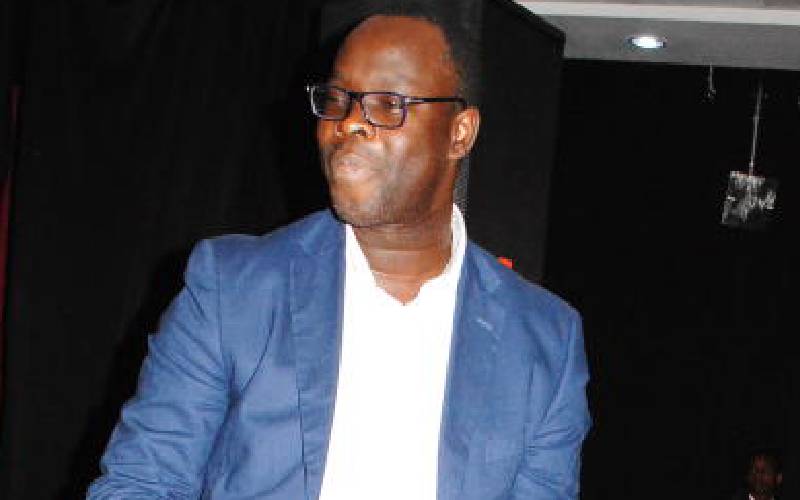×
The Standard e-Paper
Smart Minds Choose Us

When an adult Luo man dies there is never any doubt as to his place of burial unless he or his father never built a home. [Standard]
All communities have their traditional cultures that they must strive to preserve for posterity, no matter how “civilised” they may deem to be. Living a borrowed lifestyle as result of colonisation does not mean that we lose our identity as a people.